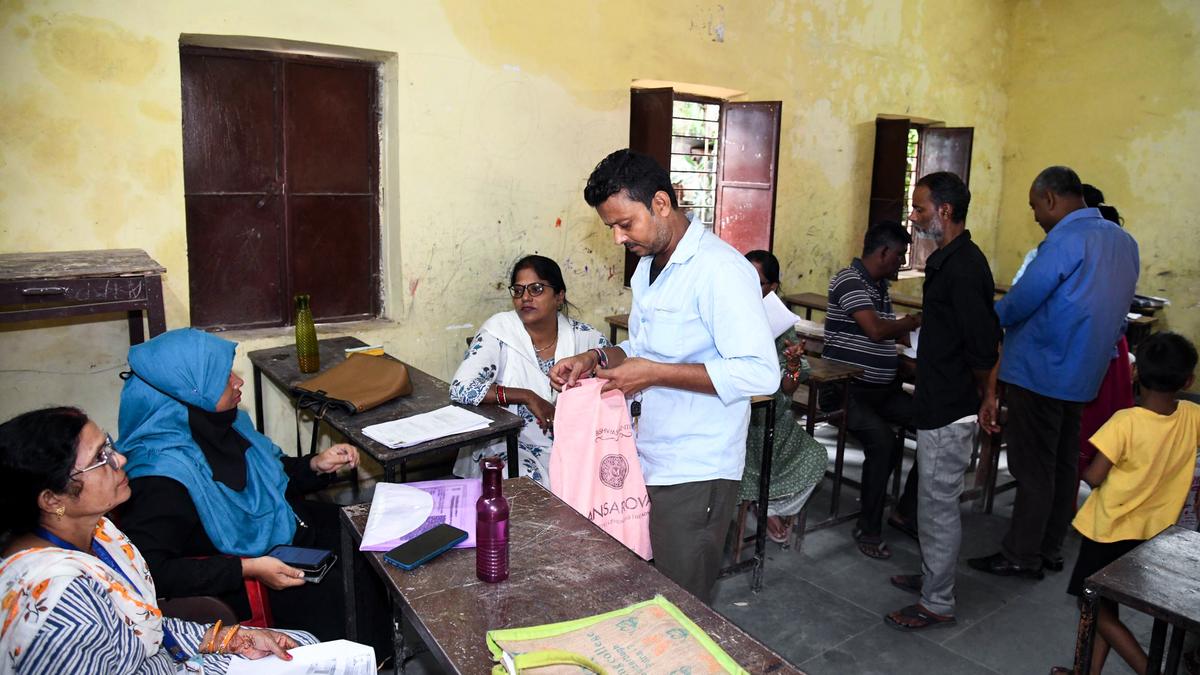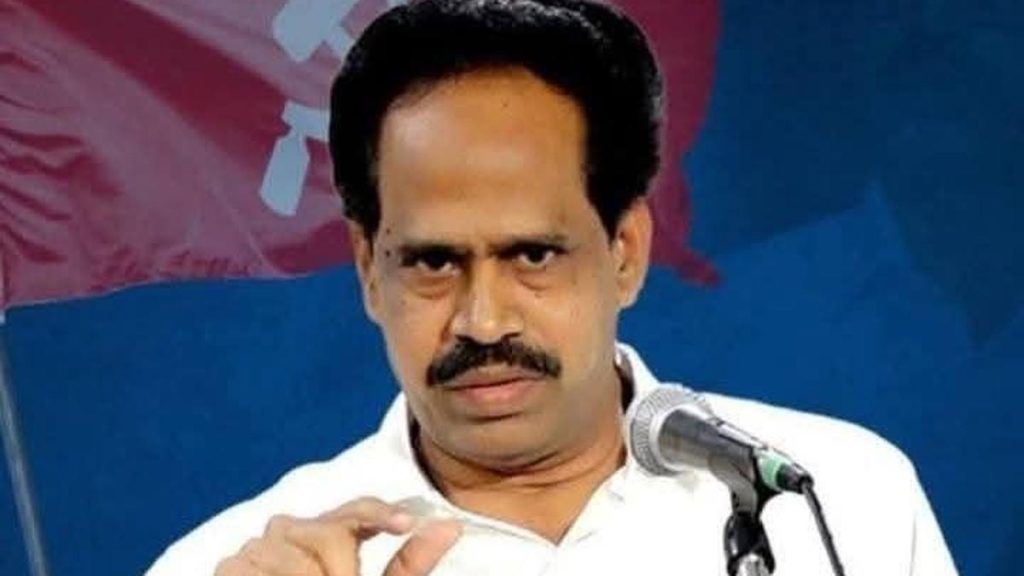Now Reading: ECI Asserts Sole Authority on Poll Timings in Response to SC Query
-
01
ECI Asserts Sole Authority on Poll Timings in Response to SC Query
ECI Asserts Sole Authority on Poll Timings in Response to SC Query

Swift Summary
- The Election Commission of India (ECI) reaffirmed its exclusive jurisdiction to decide whether the revision of electoral rolls would be “intensive” or “summary.”
- The ECI emphasized that it retains discretion over these policies as per the Depiction of the People Act, 1950 and Registration of Electoral Rules, 1960, without interference from judicial bodies.
- A petition sought a Supreme Court directive for periodic Special Intensive Revisions (SIR) nationwide to remove foreign infiltrators from voter lists.
- Responding, the ECI stated that such directives would encroach on its authority. It reiterated its commitment to maintaining electoral roll integrity while rejecting allegations of political bias in Bihar’s SIR process.
- Allegations were raised claiming Bihar’s SIR is being used as a citizenship verification exercise; the ECI denied such claims and highlighted a data completion rate of 99.5%.
- A nationwide SIR is planned with January 1, 2026 as the qualifying date. Preparatory activities have already been initiated with state CEOs convening in Delhi on September 10 for further coordination.
Indian Opinion Analysis
The Election Commission’s assertion underscores its autonomy as a constitutional body tasked with safeguarding India’s democratic processes. By resisting judicial intervention in revising electoral rolls, it defends an essential balance separating institutional duties and mandates under existing laws. however, concerns surrounding impartiality remain sensitive considering allegations regarding politically motivated actions during bihar’s Special Revision exercise.
Nationwide measures like SIRs aligned with uniform timelines indicate administrative foresight while aiming at consistency across states. Thorough scrutiny and clear mechanisms are imperative to allay public skepticism about integrity or misuse during revision drives-especially when tied to sensitive issues like citizenship identification.
Read more: link






















